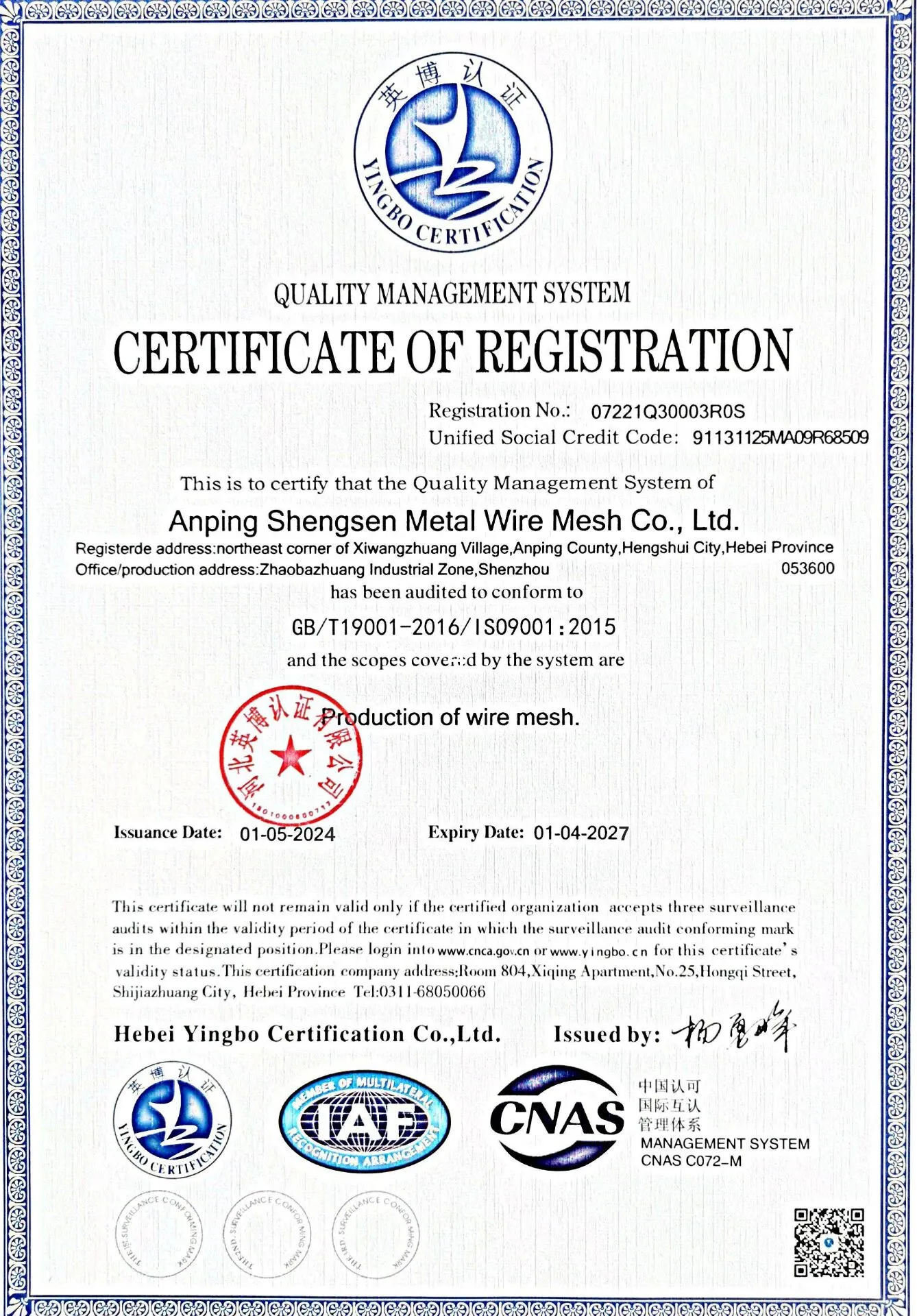-
 Phone:
Phone: -
 Email:
Email:

Exploring the Rust Resistance of Rebar Tie Wire in Various Environmental Conditions and Applications
Does Rebar Tie Wire Rust?
Rebar tie wire is an essential component in construction, specifically when dealing with reinforced concrete structures. It is used to bind rebar together, ensuring structural integrity and stability in various construction projects. One common concern among builders, engineers, and DIY enthusiasts is whether rebar tie wire rusts and what implications this may have for construction safety and durability.
Understanding Rebar Tie Wire
Rebar tie wire is typically made from low-carbon steel, which is both strong and malleable. The wire comes in various gauges and is treated to provide sufficient tensile strength for binding rebar securely. It is widely used in the construction industry to ensure that the rebar framework remains in place during the pouring of concrete. However, since many metal products can corrode over time, it is crucial to understand the properties of rebar tie wire related to rusting.
The Rusting Process
Rusting is a form of corrosion that occurs when iron or iron alloys, like steel, react with moisture and oxygen in the environment. The process is accelerated in the presence of salt, acids, or other corrosive agents. In the case of rebar tie wire, if left exposed to these conditions, it can indeed rust. Rust formation can compromise the integrity of the tie wire, leading to failures that may impact the overall structure.
Environmental Impact on Rusting
does rebar tie wire rust

The susceptibility of rebar tie wire to rusting is influenced by its environmental conditions. For instance, construction sites near coastal areas, where saltwater is prevalent, are more prone to corrosion. Similarly, areas with high humidity or frequent rainfall can also accelerate the rusting process. To mitigate these risks, contractors often take proactive measures, such as using rust-resistant materials or applying protective coatings to the tie wire.
Rust-Resistant Alternatives
To combat the issue of rust, the construction industry has turned to alternatives and innovations. One such option is galvanized tie wire, which has been coated with a layer of zinc. This zinc coating acts as a barrier between the steel and the elements, significantly reducing the likelihood of rust formation. Another alternative includes stainless-steel tie wire, which inherently has a higher resistance to corrosion due to its alloy composition.
Implications of Rusted Tie Wire
The presence of rust on rebar tie wire raises valid concerns regarding the long-term safety and durability of a structure. Rust can weaken the wire, making it more prone to snapping under stress. If the tie wire fails, it can result in the rebar losing its alignment, leading to compromised concrete support. In severe cases, this can jeopardize the structural integrity of the entire building.
Conclusion
In summary, while rebar tie wire plays a critical role in construction, it is susceptible to rust under certain environmental conditions. Understanding the causes and implications of rusting is essential for construction professionals to ensure the safety and durability of reinforced concrete structures. By opting for rust-resistant materials, maintaining best practices on construction sites, and choosing suitable environmental conditions for storing materials, the risks associated with rusting can be significantly mitigated. As the construction industry continues to evolve, adopting new technologies and materials will play a key role in enhancing the longevity and reliability of structures around the globe.
-
Wire Mesh for Every Need: A Practical SolutionNewsJul.25,2025
-
Steel Fences: Durable, Secure, and Stylish OptionsNewsJul.25,2025
-
Roll Top Fencing: A Smart Solution for Safety and SecurityNewsJul.25,2025
-
Cattle Farm Fencing Solutions for Maximum SecurityNewsJul.25,2025
-
Affordable Iron Binding Wire SolutionsNewsJul.25,2025
-
Affordable Galvanized Wire SolutionsNewsJul.25,2025
-
Wire Hanger Recycling IdeasNewsJul.25,2025








